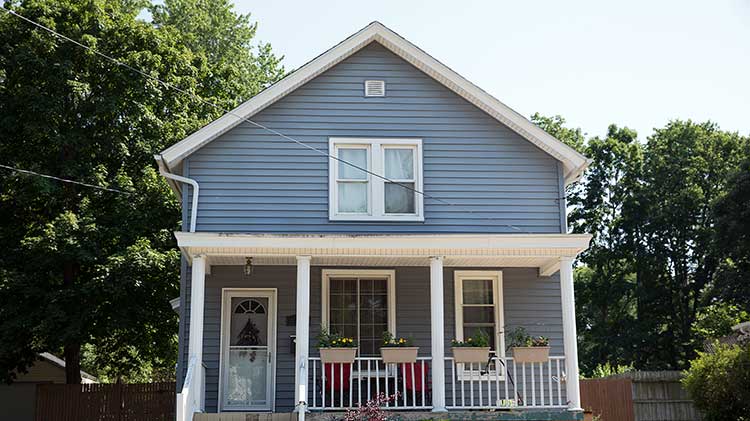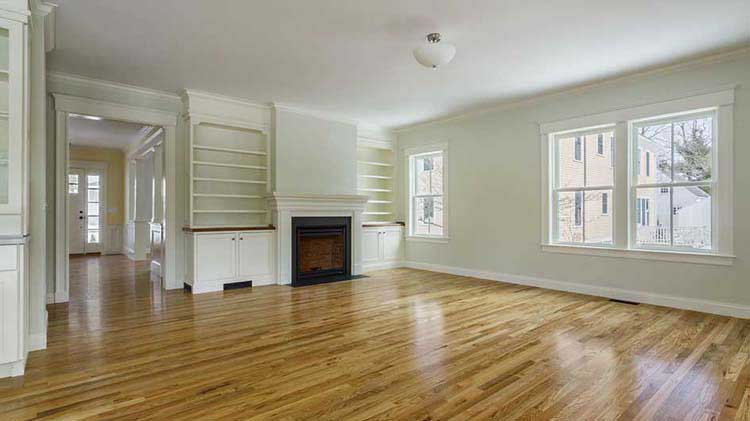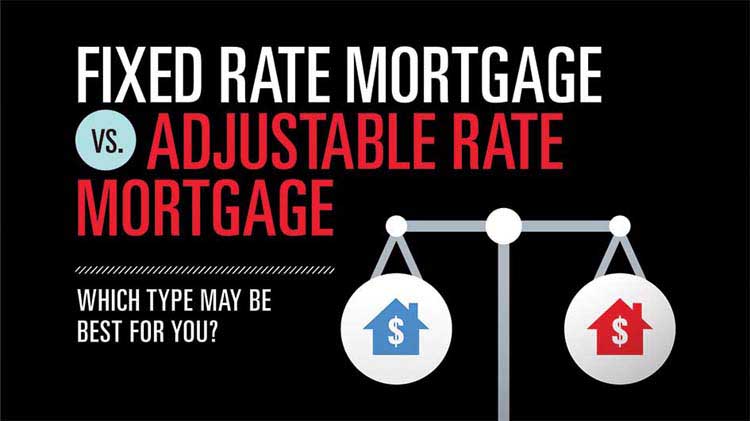Do you need a real estate agent to buy a house?
The answer for both buyers and sellers is more complicated than a simple yes or no. These questions can help you sort out the decision.
Buying a home (and selling one) is a big decision that can have a financial impact for years, if not decades. There are a lot of details and plenty of paperwork, which is why most homebuyers — about 86% — opt to use a real estate agent or broker. But others decide to put their own For Sale sign in the yard and go it alone. Before you answer the question "Do I need a Realtor?" consider these factors.
What does a real estate agent do?
For sellers, agents help determine a realistic listing price, prepare and stage the home, create the property listing, facilitate negotiations and assist with the closing process. If you're pressed for time or feel uncertain about doing any of these things, then a DIY-for-sale route may not be for you. A buyer's agent, meanwhile, will search out homes according to desired characteristics (including price range, neighborhood and condition), help narrow a search, submit competitive bids, advocate for the buyer's interest throughout the negotiation and aid in the inspection and closing processes. Again, this is something you can do yourself, but it takes time and you'll need to immerse yourself in the specifics of the process.
How are real estate agents paid?
The seller is generally responsible for paying realtor fees. This can happen in one of several ways, including a flat fee (that may include fewer services) or, more commonly, a percentage of the final sales price (typically around 5%–6%). When the agent works for a broker, the commission is paid to the broker. That commission is split first between the seller's and buyer's brokers. After that, each broker splits their share with the agent. Often it is a 50/50 split, but that can vary, depending on the agent's experience. Some newer agents get a smaller percentage, while some more experienced agents receive a larger percentage.
Will I save money if I don't use a realtor?
Maybe. Sellers who represent themselves will, of course, save on commission (although they'll still usually have to pay a fee to the buyer's agent). And buyers who are working without an agent may be able to negotiate extra money off of the sales price, since they're saving the seller a commission. However, if you find negotiating intimidating or if you lack detailed knowledge of the local market, working alone could end up costing you. You might skip an agent to save 3% only to end up selling your house for less than it's worth.
Why should I not use a real estate agent?
There's a level of control that many people desire. You can insist on a certain sale or purchase price, but doing this on your own may lead to some home buying mistakes.
As a seller, you'll be organizing open houses and showings on your own, so you'll have chances to provide connection between potential buyers, the house and neighborhood. You'll also be able to manage the selling or purchasing process on your own timeline and not that of an agent whose time could possibly be spread among many clients, or alternately, could be shorter than you would like.
As a buyer, be sure to let the seller know if you don't have an agent when you're writing an offer. This can allow you to offer a lower price to the seller — up to 3% — because they won't have to pay your agent's commission.
If you're selling to or buying a house from a family member or friend — typically called a non-arm's-length sale — there may be advantages to foregoing the use of an agent. You may get a better deal, and the closing process can be less complicated. There may also be disadvantages to this kind of sale, so there is no one right answer. It's best to research the process and make the decision based on your individual circumstances.
There is one instance where using an agent is not optional. If you're bidding on an FHA foreclosure property, the Department of Housing and Urban Development (HUD) requires that you use a licensed broker that is registered with HUD.




